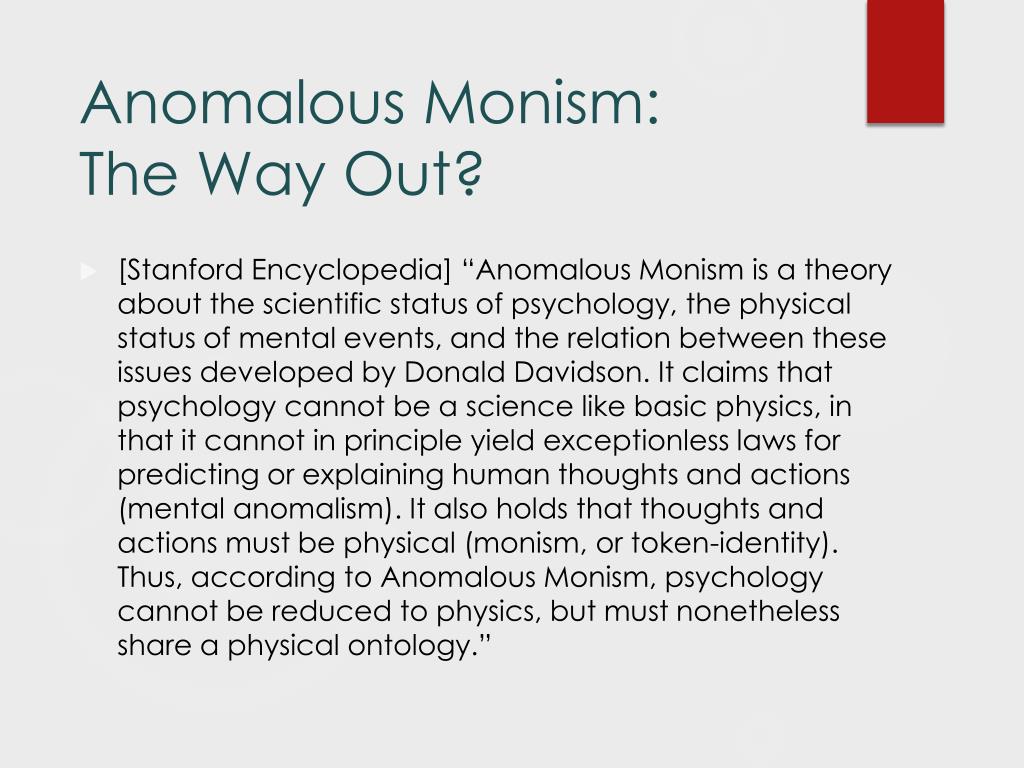Max Junbo Tao is a Ph.D. candidate in Philosophy at the University of Hong Kong. His research interests encompass Chinese and comparative political philosophy, with a particular focus on the reflections of various classical and neo-Confucian scholars on political ethics and ancient utopian legends.
What are you working on right now?
I am drafting an article on Confucian “humility” (qian, 謙) and its complexity as a political virtue. This paper collects and analyzes a range of neo-Confucian scholars’ scattered commentaries on a little-known tragedy involving a prince from the state of Wey in the 630s BCE. The prince adopted a humble attitude and relinquished the throne to his brother in accordance with traditional ethics and ancient legends; however, his brother, suspecting his motives, murdered him. The neo-Confucian commentators from the 12th century split into two camps to either criticize or defend “humility” as a virtue for political actors. Some commentators proposed the necessity of “self-interest” (zili, 自利) in Confucian political ethics. In Confucian tradition, such reasoning and justification of “selfishness” and “self-interest” are morally sensitive, and the recorded debate over this case thus holds significant value in exploring more critical Confucian reflections on political reality and the rationality of agents.
What’s your personal philosophy?
Many Chinese people love the philosophy of water: “The highest excellence is like (that of) water” (shang shan ruo shui, 上善若水). My Chinese teacher in middle school, a genial and elegant lady, taught me that, in her mind, a happy life is just like a cup of “plain boiled water” (bai kai shui, 白開水). In traditional Chinese medicine, “plain boiled water” means simple, warm, and healthy. At that time, I experienced a series of family changes and setbacks at school—it was a very difficult period for me with endless frustration. Also, although I appreciate the interpretation of water from Daoism, I dislike drinking hot water. Therefore, I made a joke to my Chinese teacher: “Teacher, if a happy life is a cup of ‘plain boiled water,’ I will be determined to have a life like ‘plain water’ (bai shui, 白水).” These two Chinese characters 白水 can be combined into a new Chinese character “spring” (quan, 泉). My Chinese teacher smiled at me and said: “I believe you will be excellent like ‘spring’—always bringing cool, maybe chilly, but definitely fresh water to me.” I was moved to tears, and this character 泉 then became my pen name. Even today, I cannot define my personal philosophy nor interpret it. However, I can name it as “spring” 泉, and I wish this Chinese character will represent my past, present, and future.
If you could be anyone else for a day, who would that be and why?
I wish to be my elder sister because she passed away very young. She could have experienced and enjoyed more in this world. My mother told me I was a little naughty boy, but my sister was quiet and tender; when she passed on, my mother was heartbroken. This is perhaps why I am often attracted to pieces about the philosophy of death. Life is mortal, and it thus becomes precious and beautiful. For us humans, a determined death could be better than a determined immortality.
What do you like to do outside of work?
I play and design party games. One of my tutors in geopolitics is also a big fan of party games. We love exploring BGG to purchase and try new releases every year. As many party games involve face-to-face teamwork, competition, deception, and inference, they can simulate some tricky ideas, problems, or guesses from political theories, game models, and philosophical dilemmas. For instance, if an extremely “honest” or “selfless” player joins in a Mafia-like game, how will other players respond to this player’s actions and claims? Party games will be a way to explore whether there is a common ground of political philosophy shared across different cultures. I also create illustrations for cards as an amateur. My favorite illustrator is Chen Uen 鄭問, a mad Taiwanese artist who has created so many wild painting techniques that combine oil painting and Chinese ink wash painting. His reinterpretations of Chinese philosophy through his brushes profoundly impressed me in my childhood and still give me a bunch of sparking ideas to rethink some old teachings of Confucianism and Daoism. He makes me believe that philosophy is not limited to the form of texts.
Where would you go in a time machine?
I was very interested in the problem of time machines in my childhood. I told my grandfather that there could not be any time machine in the future because we never observe any time travelers from the future. Now, I would say that perhaps humans will become extinct before the innovation of time machines. Or maybe the future world will be a terrible dystopia where most people cannot afford to try time machines. If I could drive a time machine, I would first go back to the beginning of our universe. I heard a wild imagination that the “Big Bang” was caused by too many time travelers gathering at that time point. I want to test this hypothesis and be the witness (and also one of the culprits?) of the “Big Bang.”
This section of the APA Blog is designed to get to know our fellow philosophers a little better. We’re including profiles of APA members that spotlight what captures their interest not only inside the office, but also outside of it. We’d love for you to be a part of it, so please contact us via the interview nomination form here to nominate yourself or a friend.
The post APA Member Interview, Max Junbo Tao first appeared on Blog of the APA.
Read the full article which is published on APA Online (external link)





